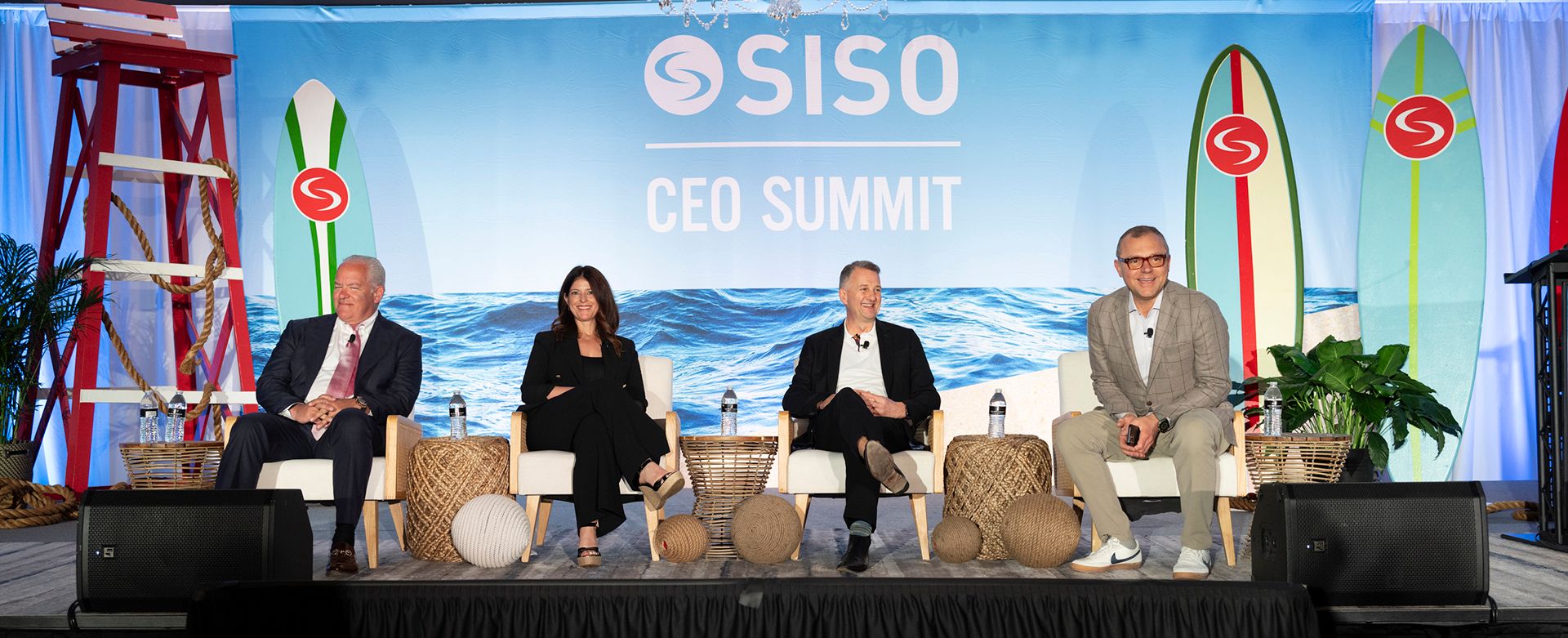SESCO’s Election Year Tips for Employers
)
From now until the polls close on Tuesday, November 5th, politics will be inescapably in the air – and in the workplace. Employees will be talking, and sometimes arguing, and sometimes participating in one campaign or another. Prudent employers should take note of what they may be required to do or prohibited from doing about their employees’ desire to participate in the electoral process.
THE WORKPLACE IS NOT A “FREE COUNTRY”
Let’s start with the basics: the First Amendment does not apply to the private workplace. The Constitution does not prevent private employers from restricting their employees’ political speech. Employers generally can restrict employees’ speech during work time and on work equipment, especially if the employer has a legitimate, business-related reason to do so.
YOUR MISSION MATTERS
Employees who bring politics into the workplace of a 501(c)(3) can jeopardize the organization’s tax-exempt status. For some nonprofits, requiring employees to make clear that their partisan political activities are in their personal, not work, capacities may suffice. For others, such a distinction may be unworkable, requiring a total ban. Even if partisan political activity wouldn’t threaten your tax-exempt status, such activity still may jeopardize your mission.
WHAT DO STATE LAWS SAY?
An employer’s ability to regulate off-duty activity is governed largely by state law, and these laws vary.
Some states have few or no applicable laws. In Virginia, for example, employers may ask employees to refrain from engaging in problematic political activity even in their off-hours.
Conversely, other states, such as Louisiana, expressly prohibit employers from restricting employees’ lawful off-duty political activity, even if such activity would conflict with the employer’s mission or core values.
Most states, however, fall somewhere in the middle. For example, North Dakota, Colorado, and New York have broad laws permitting employees to engage in lawful off-duty activity, including political activity, but they make a narrow exception if the employer can demonstrate that a prohibition on the activity is related to an essential business interest. Connecticut bars employers from interfering with the exercise of rights guaranteed by the First Amendment, and largely applies rules to private employers similar to those applied to public employers under federal law. The District of Columbia prohibits discrimination based on party affiliation; while an employer could create a viewpoint-neutral policy prohibiting campaign activity, it would be essential to enforce it across the political spectrum.
Our democracy may aspire to lofty ideals, but prudent management of election-related issues in the workplace frequently boils down to nitty-gritty issues like the following.
May I prohibit my employees from using the office copier, phone, or other resources for political activity?
If your business is a 501(c)(3) nonprofit, you must restrict employees from using company time and organizational resources to support a candidate. Your employees may not make campaign flyers on the office copier or use the organization’s mailing list to pinpoint potential campaign donors. You must prohibit employees from using their work-issued phone number, email address, office address, or your company’s name when communicating with candidates or participating in a political campaign.
For-profit organizations are permitted, but not required, to restrict these activities.
May I require an employee to remove a political button, t-shirt, or campaign poster?
You may prohibit your employees from wearing campaign paraphernalia as a part of a neutral dress code. You may also tell employees not to post campaign signs in their cubicle or tell them to take down a campaign sign from their cubicle.
May I require my employees to stop talking about the campaign, candidates, or political issues?
You may prohibit employees from engaging in conversations about political candidates or about controversial topics in the workplace during work hours. You should be careful that you do not restrict political speech that might relate to labor or working conditions.
May I prohibit employees from making campaign calls during their lunch break?
You may usually restrict your employees’ activities during breaks if those activities are on your premises or use your equipment. For example, you may tell an employee not to make fundraising calls on her work phone.
May I prohibit employees from posting about controversial or political topics on social media?
In most states, yes, unless the speech is related to union activity. While some states protect employees’ ability to engage in this type of political activity, most do not.
May I require employees to remove political bumper stickers from the cars if they drive their car for official business?
Generally, yes. However, if your organization is in a state that protects off-duty political activity, you will need to carefully evaluate whether your state’s individual law will permit such a restriction.
How else might I get in trouble when restricting employees’ political activity?
The short answer is: by enforcing your policies inconsistently or in an un-evenhanded way. Ideally, enforcement should be nonpartisan. In addition, any policies that prohibit political activity will likely be viewed more favorably if the policy captures political activity along with more neutral activities — for example, a dress code that prohibits all t-shirts will also prohibit political t-shirts, and a policy against general solicitation in the workplace can be enforced against employees soliciting donations for a candidate.
WHAT SHOULD YOU DO?
A policy. Do you have a policy regarding employee political activity? If not, call SESCO. If you do, review it to ensure compliance with current applicable law.

P.O. Box 1848
Bristol, Tennessee 37621
(423) 764-4127
(423) 764-5869 (Fax)
web site: www.sescomgt.com
email: sesco@sescomgt.com

